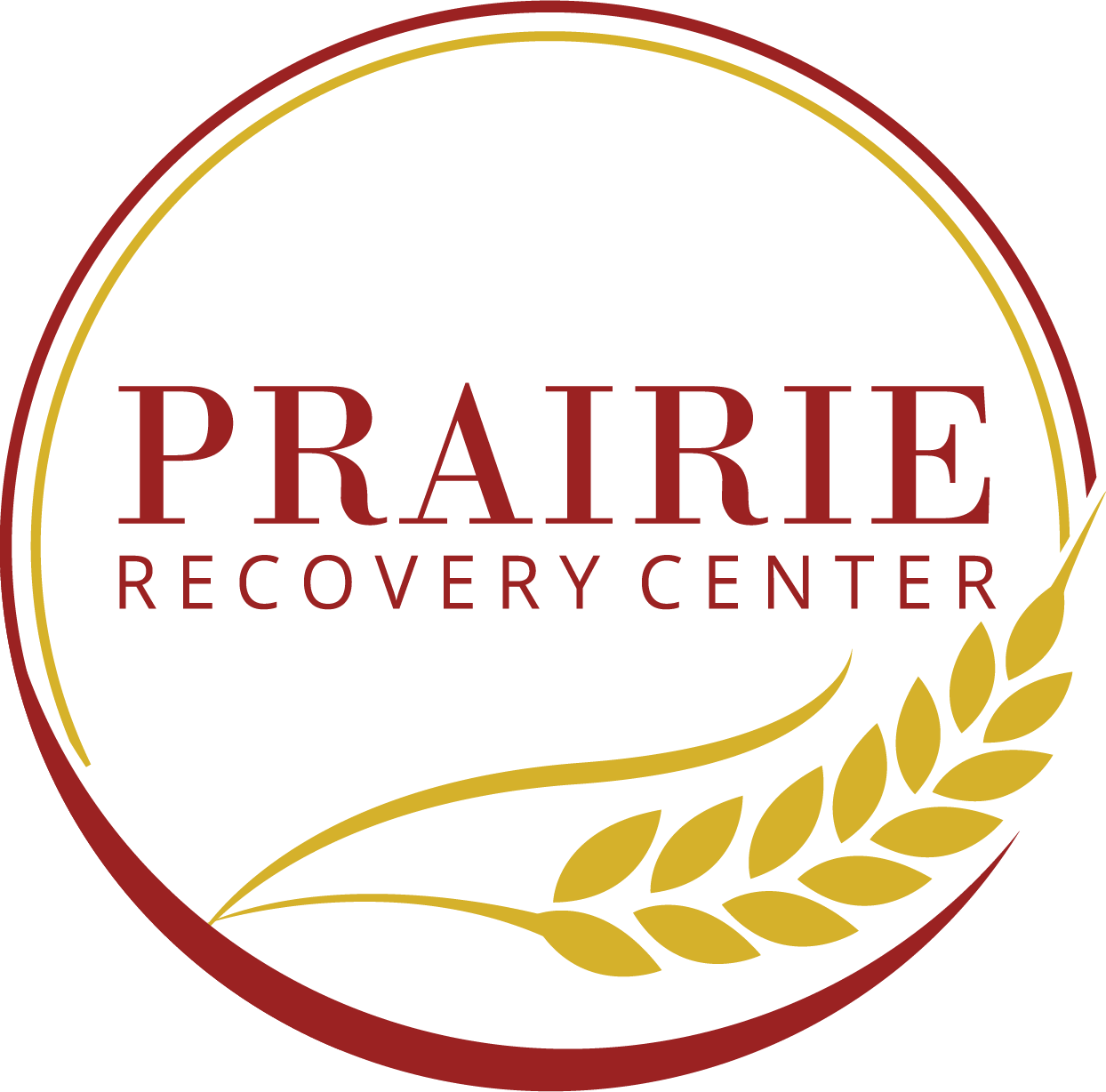Substance use and mental health disorders interfere with the normal pattern of growth in many people. As part of their recovery, these people need to learn the basics, including how to:

- Budget money
- Look for employment
- Go on interviews
- Follow through on responsibilities
At Prairie Recovery Center treatment center, we use our life skills training program in North Dakota as a complementary approach to traditional mental health in our addiction therapy program. Our team recognizes that life skills for mental health make it possible for people to regain control of their lives and thrive in their day-to-day routines. Learn more about how our life skills training program in North Dakota can help you or someone you care about rediscover the joy in everyday life by calling 701-597-3419 or filling out our online contact form.
WHAT ARE THE 5 ESSENTIAL LIFE SKILLS?
It is widely regarded that there are five essential life skills that are necessary for the general functionality of all people, and their ability to thrive in life. We begin learning these skills at a very early age, most of us in our developmental years throughout school. These skills are:
- CRITICAL THINKING SKILLS: the ability to think clearly and rationally while maintaining an understanding of an idea, concept, or situation. This is your ability to solve problems on your own, to reason and be rational, to make logical choices and judgments, and to think independently.
- COMMUNICATION SKILLS: the ability to listen and communicate effectively, either in speech or writing. Communication is the foundation of healthy relationships; this is your ability to manage conflict, listen and be open to other points of view, and explain your own thoughts and opinions clearly.
- DAILY LIVING SKILLS: it is very important that you know how to take care of yourself. This encompasses cooking, hygiene, self-care, basic cleanliness and order, and making healthy choices.
- EMOTIONAL INTELLIGENCE SKILLS: you need to know how to regulate your full range of human emotions in a healthy manner; your ability to properly recognize your own emotions and the emotions of others is vital to your communication skills. This is your ability to control your emotions, adequately communicate your feelings, and show empathy.
- FINANCIAL MANAGEMENT SKILLS: careful management of your money allows you to cover all expenses in your life and hopefully still set some aside for a rainy day or emergency. This is budgeting, managing your spending habits, saving money, investing, debt management, or even donating.
There is a definite link between a person’s ability to perform basic daily functions and life skills, and their quality of life and mental health. A feeling that you just can’t manage your life can contribute to your addiction and interfere with your recovery or sobriety. If you feel you are struggling in any of these areas while actively in or after breaking your addiction to drugs or alcohol, know that a life skills coach or counselor can help you regain your confidence and ability to manage your life on all levels–you never have to do it alone.
What Is Life Skills Coaching?
What Are Examples of Life Skills A Counselor can help you with?
In Prairie Recovery Center’s life skills training in North Dakota, we provide life skills coaching for people who want to regain control of their day-to-day lives. We customize each patient’s life skills program to give the exact level of support they need for future success.
Examples of life skills we can help with include:
Goal setting
An essential skill in recovery and beyond is goal setting. There is a precise science to determining which short- and long-term goals are best for each person’s success. Goals create a sense of purpose that motivates people to become the best version of themselves.
Self-care
One of the most overlooked life skills is self-care. An excellent example of self-care is entering into an addiction treatment program to enhance mental and physical health.
Emotion management
When people are able to regulate and properly manage their emotions, they are less likely to engage in drug or alcohol use. Healthy coping mechanisms help to lessen stress and regulate emotions.
Healthy habits
A key to long-lasting recovery is replacing drug or alcohol use with healthy habits. Eating a balanced diet and getting plenty of exercise makes people feel good and creates a healthy lifestyle.
Who Is a Good Candidate for Life Skills Coaching?
If you are struggling to improve your life and feel like you need someone to help guide and support you, then life skills coaching may be a good option for you. Life skills coaches help people identify areas of their life they would like to change and develop action plans to make those changes.
A life skills coach can help you if:
- You lack the confidence or motivation to make changes on your own
- You are feeling stuck and need help identifying new opportunities or ways to move forward in your life
- You are trying to overcome emotional challenges like depression, anxiety, or grief
- You have specific goals or dreams you would like to achieve but need some guidance and accountability to make them happen
- You are going through a significant life transition, such as starting a new job, getting married, or becoming a parent
If any of these sound like you, then life skills coaching may be a good fit. The best way to find out is to schedule a consultation with our Prairie Recovery Center team to see if it is right for you.
Benefits of Life Skills Coaching
In conjunction with therapy, life skills coaching affords many benefits. A life coach helps people in Treatment gain the necessary skills to heal and lead a healthier, more balanced life in recovery. Clients are held accountable through ongoing support and encouragement, which translates to sustained independence.
Benefits of life skills coaching include:
- Reduced self-sabotaging behaviors
- Improved self-reliance
- Enhanced ability to attain life goals
- Increased self-esteem
- Healthier coping strategies
- Better money management skills
- Stronger interpersonal relationships
Our team proudly offers a diverse array of programs to help individuals recover.
Prairie Recovery Center treatment programs include:
- Substance abuse treatment programs
- Mood disorder treatment programs
- Process addiction treatment programs
- Eating disorder treatment programs
Our Prairie Recovery Center team proudly provides healing for people ready to overcome issues that are holding them back. Find support and encouragement at Prairie Recovery Center today.
Explore a Life Skills Training Program in North Dakota at Prairie Recovery Center
Prairie Recovery Center creates an immersive and healing environment for individuals to begin a new life. One example of our treatment approaches is our life skills group for mental health and addiction. If you’re interested in our life skills training program in North Dakota, contact Prairie Recovery Center today at 701-597-3419 or fill out our online contact form.

